Informational
Department of Soil Science
Graduate Faculty
Teaching and Research Faculty
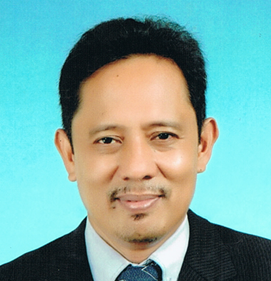 |
Romel B. ArmecinProfessor V |
Highest Degree Attained
|
||
Specialization |
||
Research Interest
|
||
Role
|
||
Status of Appointment
|
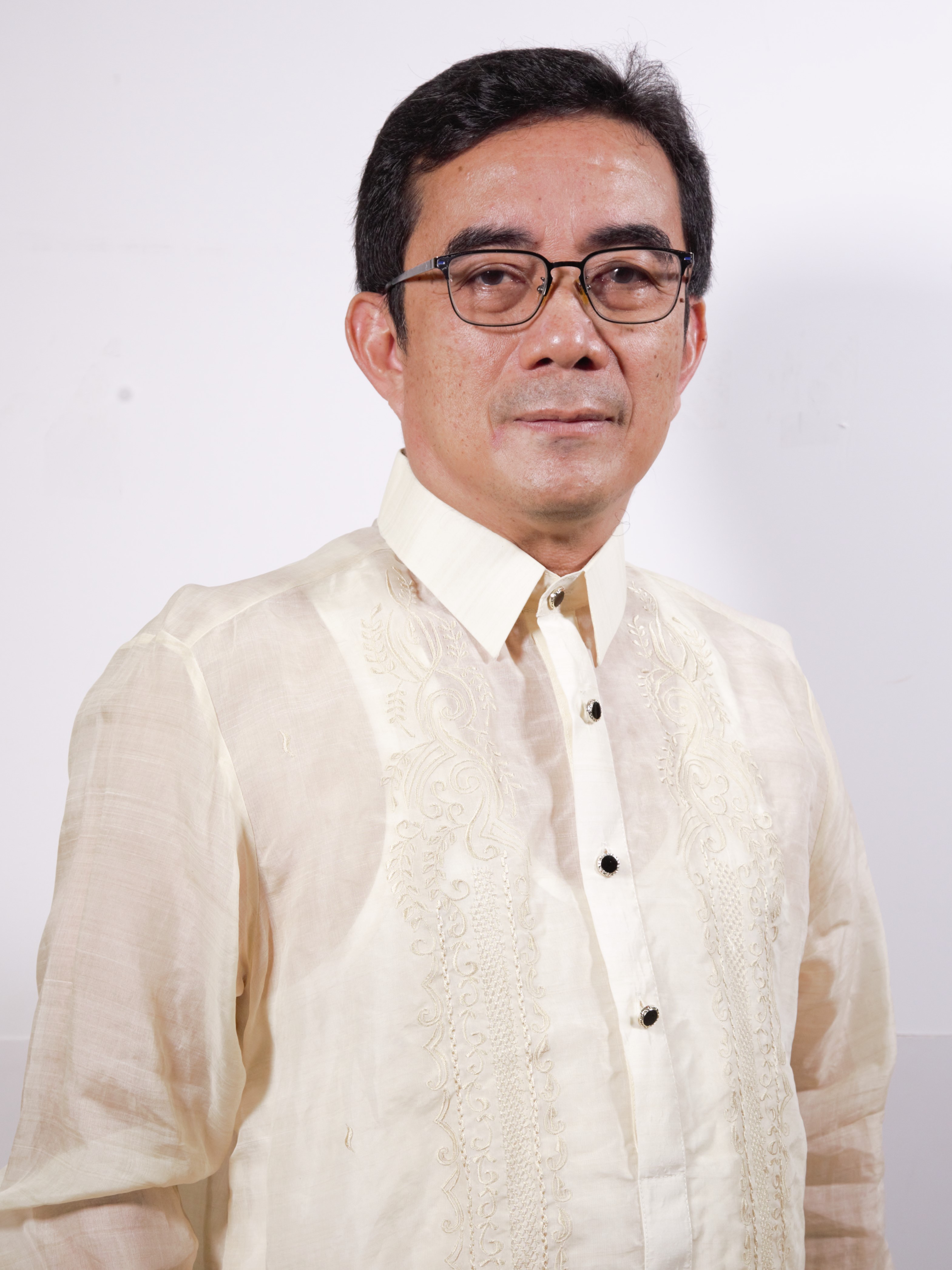 |
Victor B. AsioUniversity Professor |
Highest Degree Attained
|
||
Specialization |
||
Research Interest
|
||
Role
|
||
Status of Appointment
|
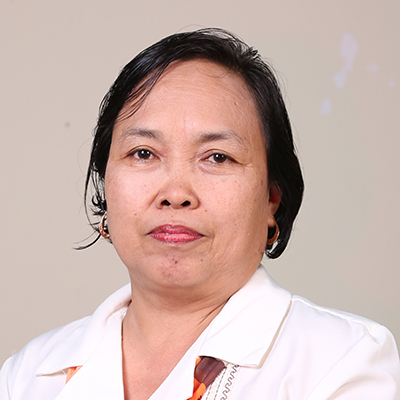 |
Beatriz C. JadinaProfessor VI |
Highest Degree Attained
|
||
Specialization |
||
Research Interest |
||
Role
|
||
Status of Appointment
|
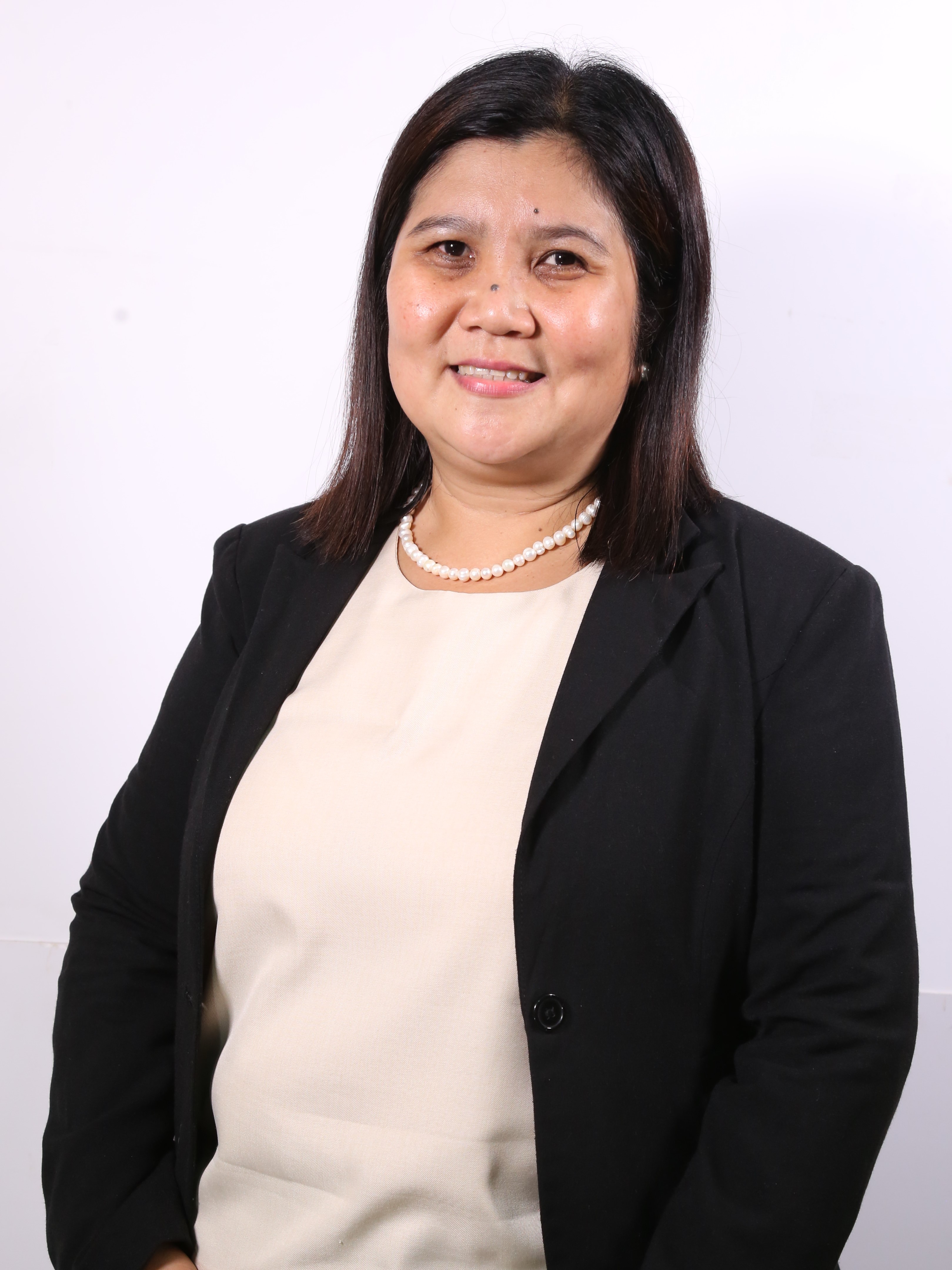 |
Suzette B. LinaProfessor III |
Highest Degree Attained
|
||
Specialization |
||
Research Interest
|
||
Role
|
||
Status of Appointment
|
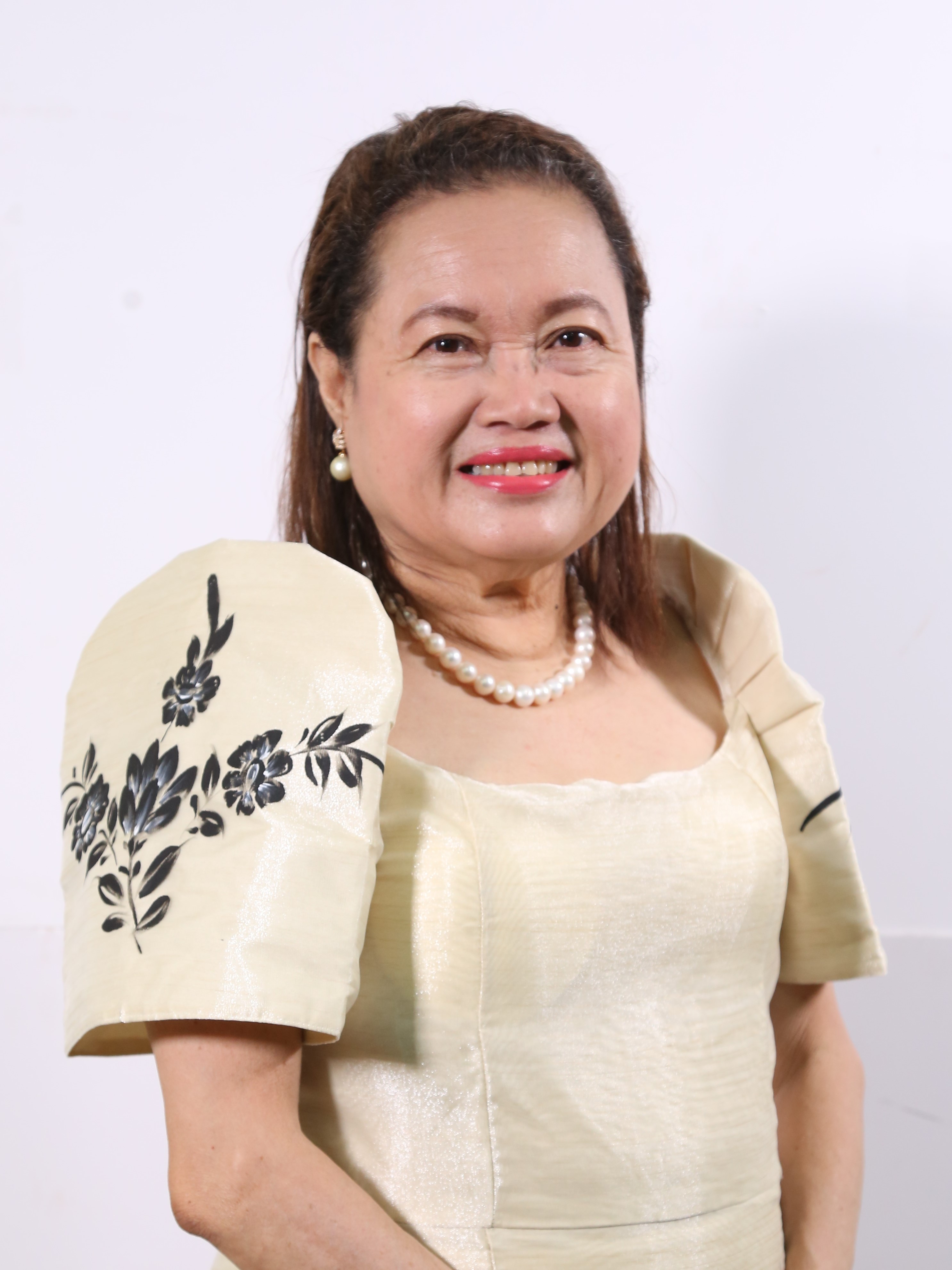 |
Anabella B. TulinUniversity Professor |
Highest Degree Attained
|
||
Specialization |
||
Research Interest
|
||
Role
|
||
Status of Appointment
|
- Teaching Faculty
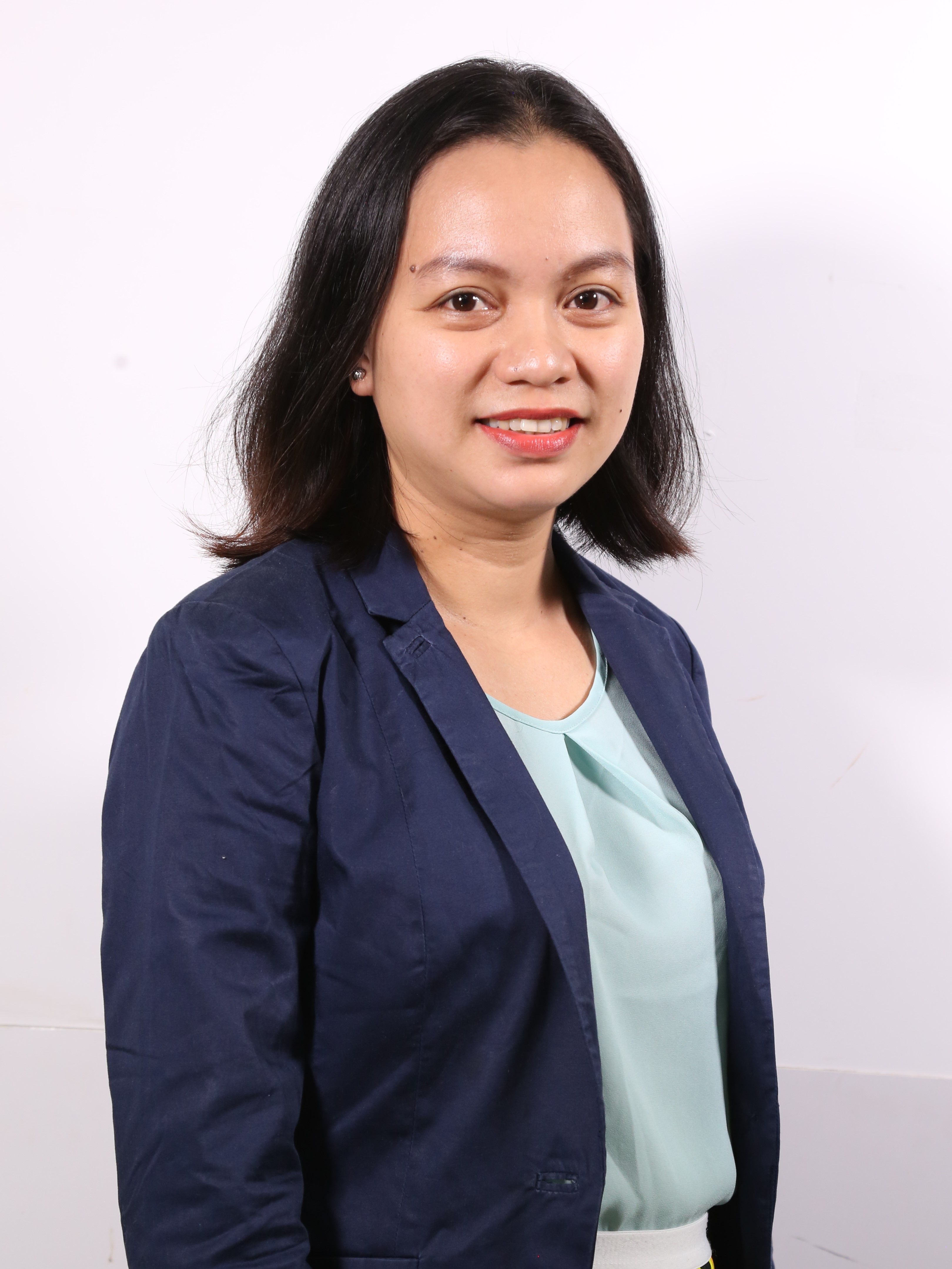 |
Deejay M. LumanaoAssociate Professor II |
Highest Degree Attained
|
||
Specialization |
||
Research Interest
|
||
Role
|
||
Status of Appointment
|
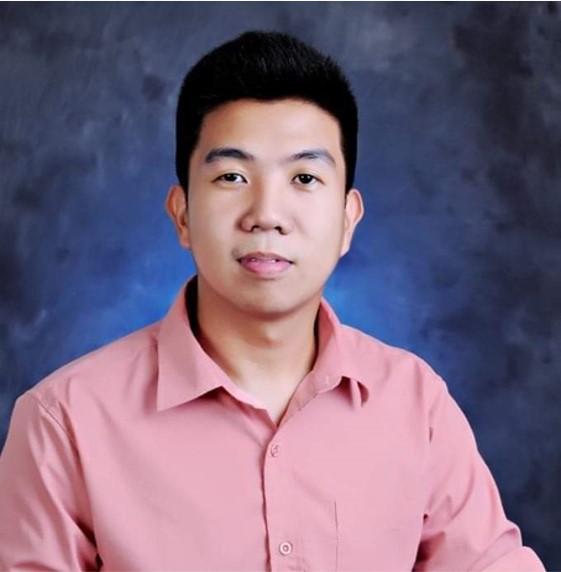 |
Kenneth OraizInstructor I |
Highest Degree Attained
|
||
Specialization
|
||
Research Interest |
||
Role
|
||
Status of Appointment
|
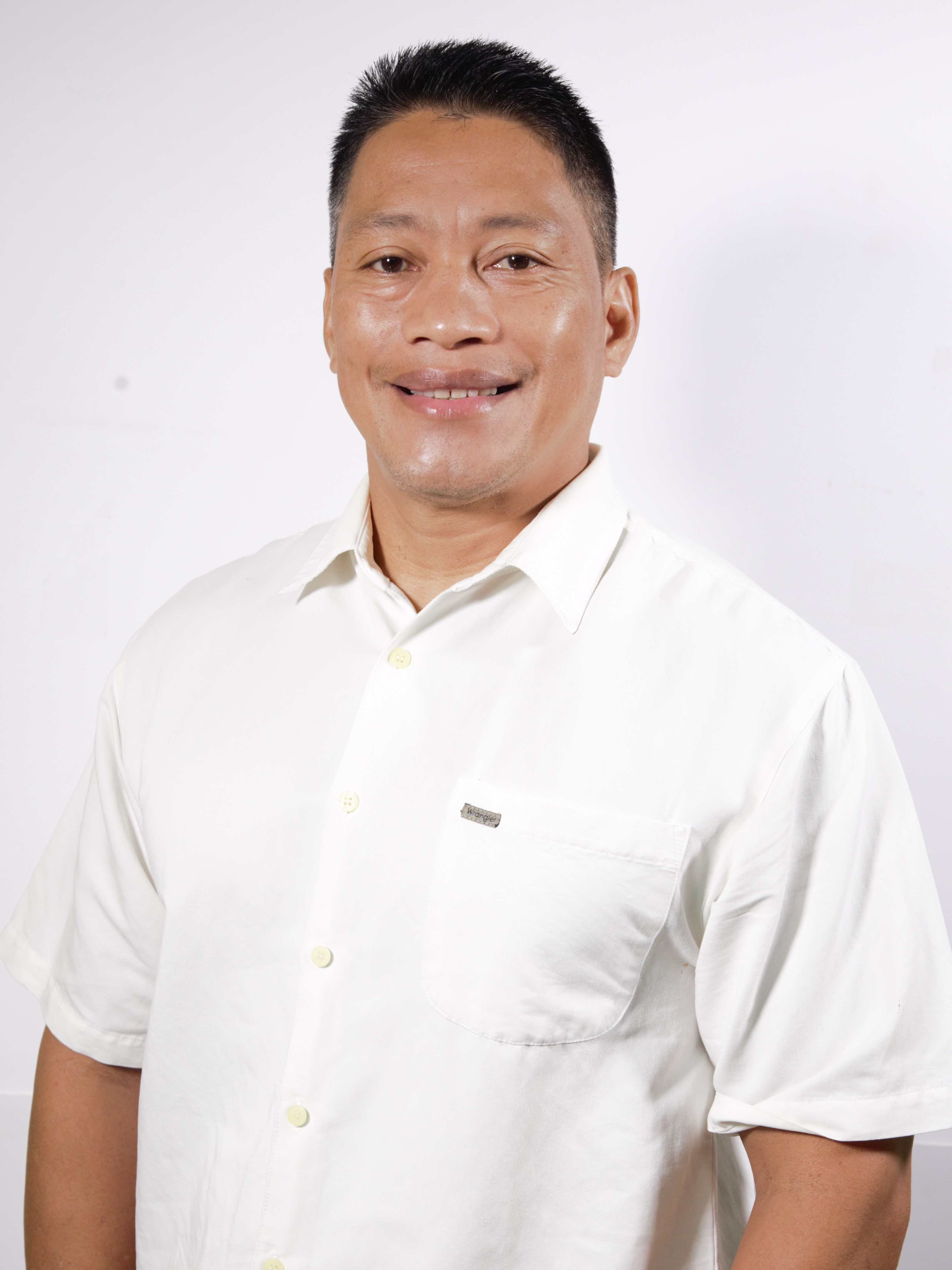 |
Medardo C. Magdadaro Jr.Instructor II |
Highest Degree Attained
|
||
Specialization |
||
Research Interest |
||
Role
|
||
Status of Appointment
|
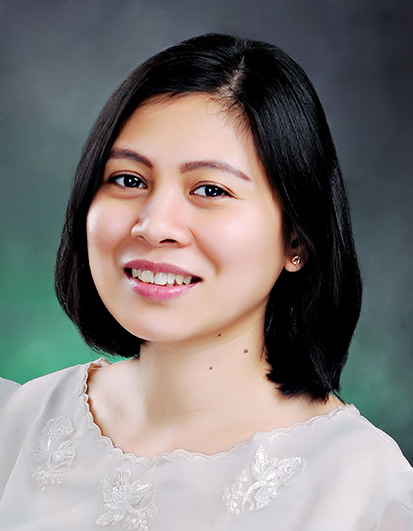 |
Cecille Marie O. QuinonesAssistant Professor II |
Highest Degree Attained
|
||
Specialization |
||
Research Interest |
||
Role
|
||
Status of Appointment
|
Distribution of Queen Pineapple in Region V & VIII, Philippines
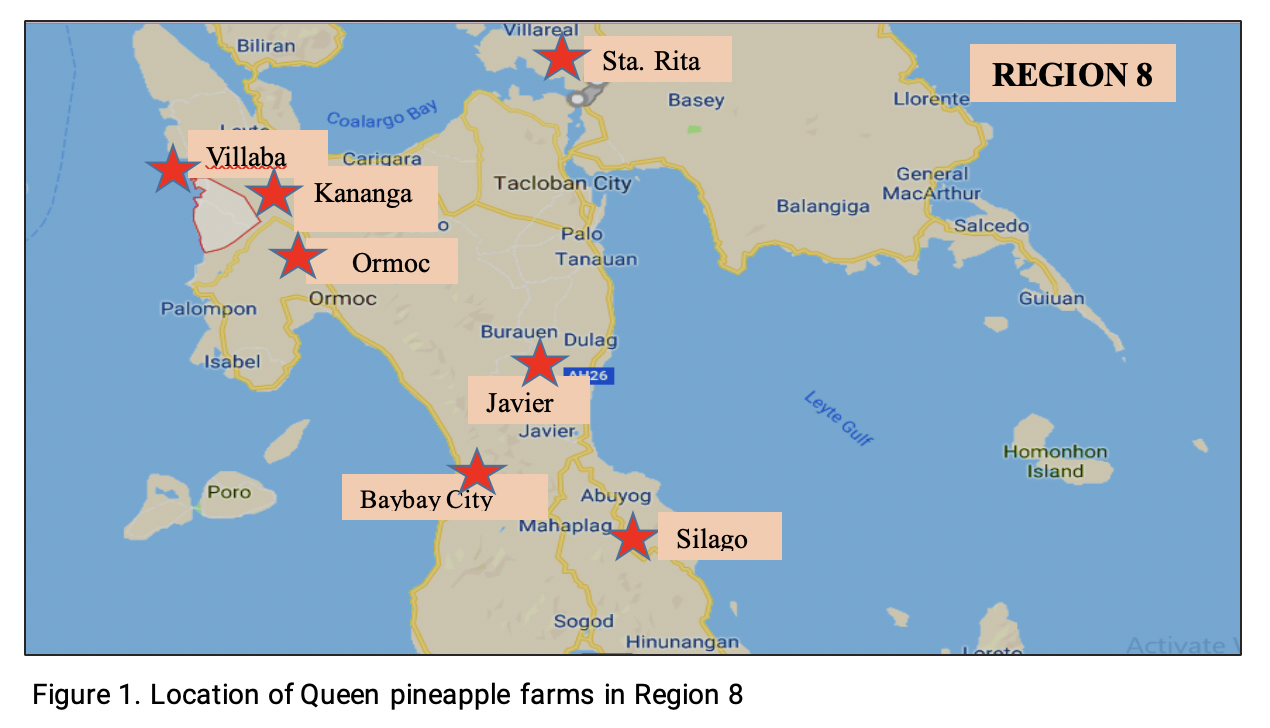 In Region VIII, Queen Pineapple populations including the newly established ones were documented as to size and location. As surveyed, Queen pineapples are grown in Baybay City, Javier, Kananga, Ormoc City and Villaba in Leyte, Sta. Rita in Samar and Silago in Southern Leyte, with a total area of 229.78 hectares.
In Region VIII, Queen Pineapple populations including the newly established ones were documented as to size and location. As surveyed, Queen pineapples are grown in Baybay City, Javier, Kananga, Ormoc City and Villaba in Leyte, Sta. Rita in Samar and Silago in Southern Leyte, with a total area of 229.78 hectares.
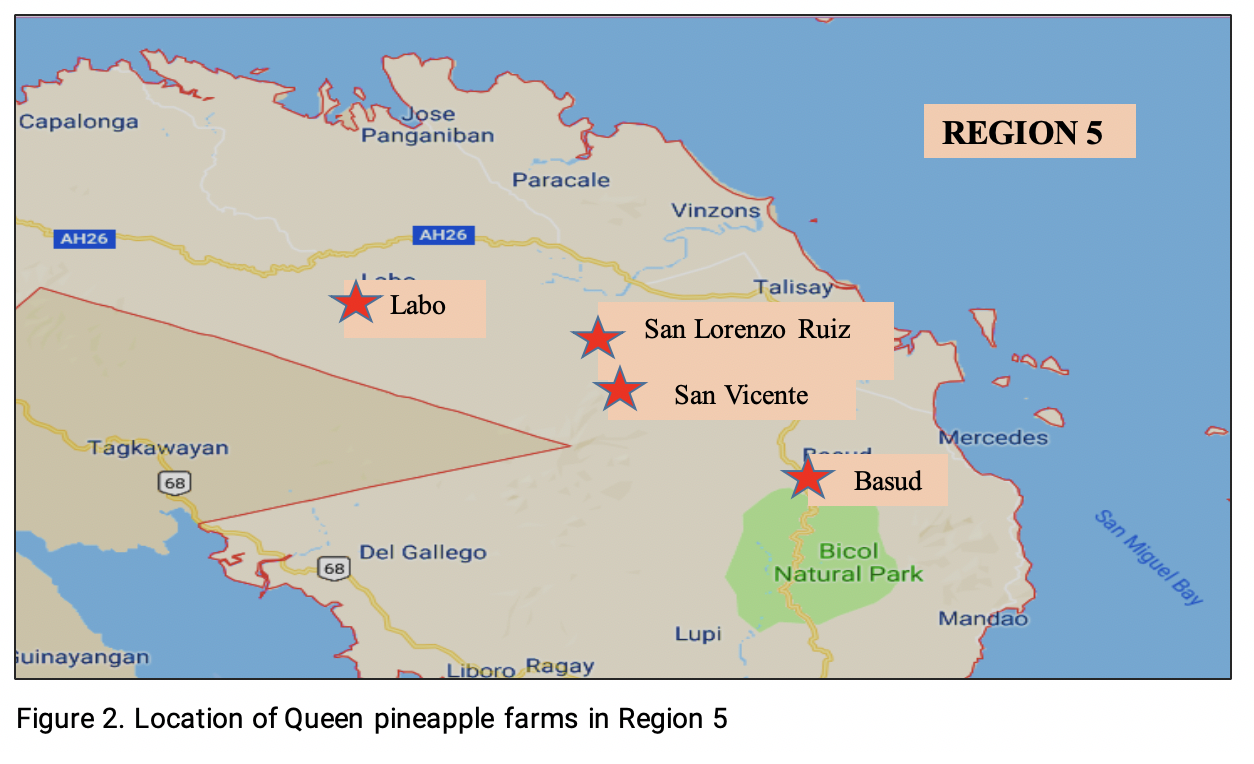
In Luzon, Queen Pineapple is mainly grown in the Provinces of Camarines Norte. A total of 2,525 hectares of the province is planted to pineapple translated to 82% of total pineapple area in Municipality of Basud, Labo, San Lorenzo Ruiz and San Vicente, Camarines Norte.
Queen Pineapple - Major Insect Pest
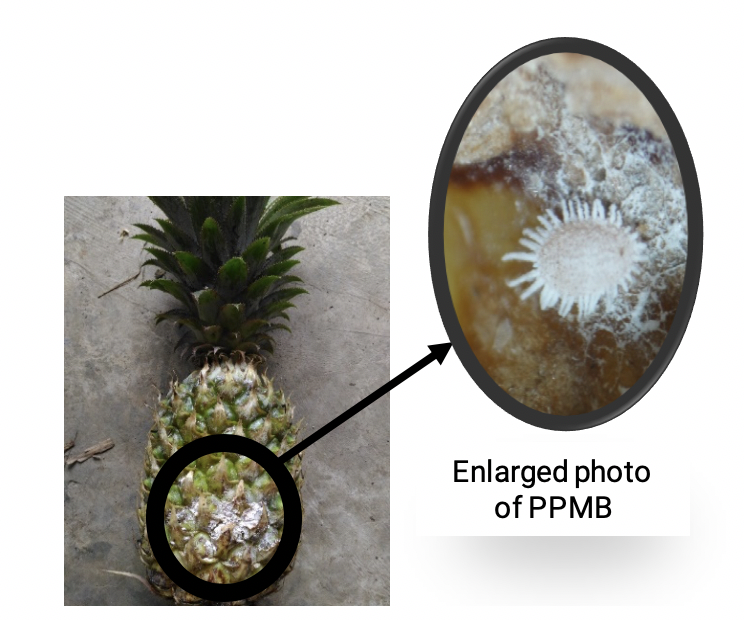
Figure 1. Queen Pineapple fruit infested with PPMB
Description
- Pink pineapple mealybug, Dysmicoccus brevipes Cockerell (PPMB), is one of the major pests of pineapple [Ananas comosus (L.) Merrill].
- Belongs to Family Pseudococcidae and described as cottony, small, oval and soft-bodied sucking insect (Joy, et al., 2013).
- Feeds on the fruits, roots, stem, and leaves of the plant (Ceniza et al, 2018)
- Dispersed by ants (Joy et, 2013) because PPMB secreteS sweet and sticky liquid called honeydew as a by-product of its feeding (Rohrbach and Johnson, 2003).
- Distribution: Baybay City, Javier, Ormoc City, Villaba in Leyte; Silago in Southern Leyte; San Lorenzo in Camarines Norte (QP Project 4)
Faculty & Staff

Scheme B
-
Distance learners may take four courses equivalent to 12 units every semester, provided that they have performed satisfactorily and/or complied with the requirements of the courses taken the previous semester. Otherwise, they shall only be allowed to enroll one to two courses to give ample time to complete the lacking requirements.
-
Tuition fee is PHP300/unit. The students are required to pay a minimum of PHP1000 upon enrolment. The remaining balance shall be paid before taking the final examination. Study guides per course must also be paid in full, including postage and handling charges, upon enrollment
- Enrollees under this scheme are required to report to the VSU Main Campus in Baybay City, Leyte, once a year to attend the two-week summer consultation dialogue, personally meet professors, discuss teaching-learning problems, and comply course requirements. Students, however, are always welcome to visit or communicate with their respective professors anytime of the year.

